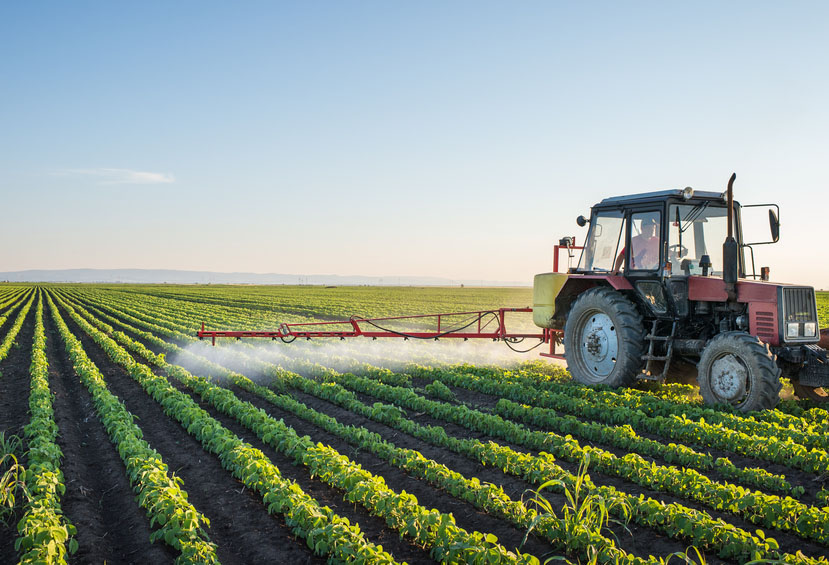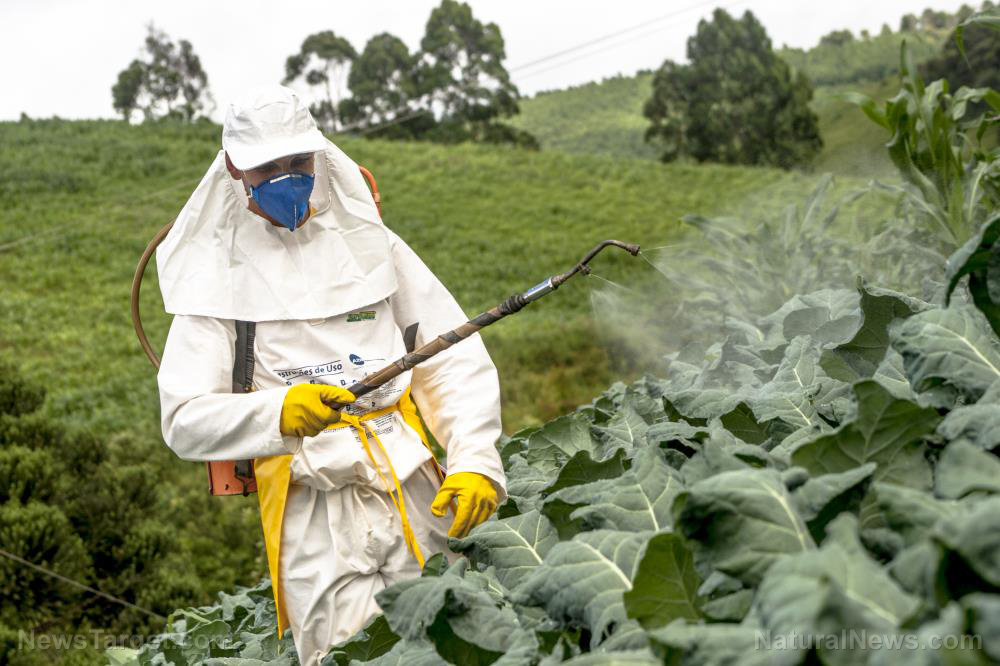Agriculture is at the heart of Africa’s economy, but pests and diseases continue to pose significant challenges. From crop diseases that destroy harvests to livestock diseases that harm entire herds, the stakes are high. As the world around us changes, with climate shifts and global trade, these challenges evolve, making it crucial for us to understand the solutions at our disposal.
Today, we’ll explore some key strategies, including Integrated Pest Management (IPM), biological control methods, and the pivotal role of research and biotechnology in tackling these issues. By the end of our discussion, I hope you’ll have a clearer understanding of how we, as farmers and stakeholders in agriculture, can fight back and protect the future of food production in Africa.
Understanding the Threats: Crop and Livestock Diseases
Pests and diseases affect both crops and livestock in various ways, leading to reduced yields, economic losses, and sometimes food shortages. In Africa, smallholder farmers are particularly vulnerable, as they often lack access to resources and information to combat these threats effectively. Common crop pests such as locusts, fall armyworms, and aphids can devastate entire fields in a matter of days. Similarly, livestock diseases like foot-and-mouth disease, African swine fever, and Newcastle disease in poultry lead to significant losses in both rural and urban areas.
The challenge is compounded by the changing climate, which has caused pests to adapt to new environments, further exacerbating the problem. Rainfall patterns, temperature fluctuations, and even the spread of new pest species due to global trade all contribute to the evolving threat landscape.
Integrated Pest Management (IPM): A Holistic Approach
At Africa Contemporary Farmers, we believe that the key to overcoming these challenges lies in adopting Integrated Pest Management (IPM) strategies. IPM is a comprehensive approach that combines different methods to control pests in a sustainable and environmentally friendly way. This strategy focuses on preventing pest outbreaks, using biological, cultural, mechanical, and chemical control methods in a coordinated fashion.
For example, crop rotation, resistant varieties, and proper spacing can make it harder for pests to find food and shelter, reducing the need for pesticide use. Additionally, biological control methods—such as releasing natural predators or parasites to control pest populations—offer a non-toxic alternative to chemicals, preserving both the ecosystem and human health.
Biological Control: Harnessing Nature’s Own Defenses
Biological control is one of the most promising strategies for managing pests without harming the environment. This involves using natural predators, parasites, or pathogens to control pest populations. For instance, farmers can introduce ladybugs to control aphids or use parasitic wasps to target caterpillar pests.
Moreover, biological agents can be used in conjunction with other IPM methods. Research is ongoing to identify more effective natural enemies of pests, and African farmers stand to benefit greatly from innovations in this area.
The Role of Research and Biotechnology
Scientific research and biotechnology play a pivotal role in advancing pest and disease management in African agriculture. Research into pest-resistant crop varieties, the development of genetically modified organisms (GMOs), and the use of biotechnology to enhance disease resistance are vital for reducing the dependence on chemical pesticides and fertilizers.
Genetic modification, for example, has led to the development of drought-resistant crops that are also more resistant to pests and diseases. Additionally, ongoing research into pest genetics helps identify weaknesses that can be exploited to develop more targeted control methods, reducing the need for broad-spectrum chemicals that harm beneficial insects and the environment.

Leveraging Technology for Early Detection and Monitoring
Incorporating technology into pest and disease management is becoming increasingly important. Remote sensing, drones, and mobile apps equipped with artificial intelligence (AI) can help farmers monitor their crops for signs of pest infestations or disease outbreaks in real time. Early detection can lead to quicker and more effective interventions, preventing large-scale damage to crops and livestock.
For example, AI-powered apps can analyze images from mobile phones to identify pests and diseases in crops, enabling farmers to take action before significant damage occurs. This technological approach not only saves time but also minimizes the use of harmful chemicals, promoting more sustainable practices.
The Way Forward: Collaboration and Education
To successfully manage pests and diseases in African agriculture, collaboration is essential. Governments must support farmers with access to resources, knowledge, and funding. Research institutions and private companies can provide the latest pest and disease management technologies, while farmers themselves need to be empowered with the knowledge and skills to implement IPM practices effectively.
At Africa Contemporary Farmers, we are committed to educating farmers on these vital topics. Through workshops, seminars, and training programs, we aim to share knowledge on pest and disease management, helping farmers adopt sustainable methods and technologies. By working together, we can ensure that Africa’s agricultural sector remains productive, resilient, and able to feed the continent’s growing population.


Conclusion
Pests and diseases will always be a challenge in agriculture, but with the right strategies in place, we can minimize their impact. Integrated Pest Management, biological control methods, and ongoing research into biotechnology offer powerful tools for combating these threats sustainably. As we face the challenges of 2025 and beyond, it is clear that innovation, collaboration, and education will be the keys to success in pest and disease management for African farmers.
Together, we can build a future where agriculture in Africa thrives, not in spite of these challenges, but because of the resilience and creativity we bring to tackling them head-on.
Thank you for tuning in today! I look forward to discussing these topics further with you at our upcoming workshops and events. Keep fighting the good fight for African agriculture!
Sure, this education is very vital to Small to Medium Scale Farmers.
This is a dynamically generated comment by Sophia Martinez.
This is a dynamically generated comment by Fatima Diallo.